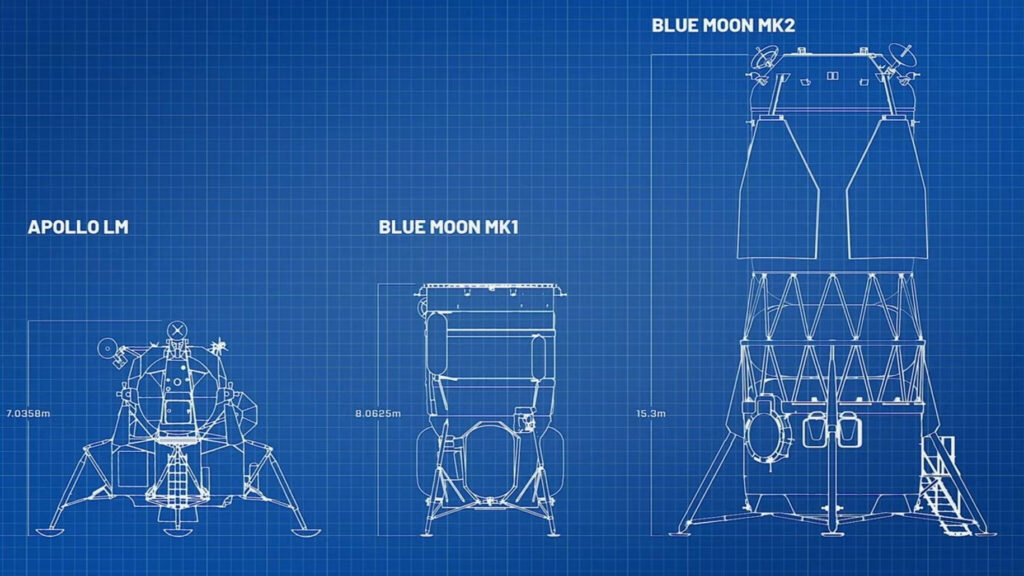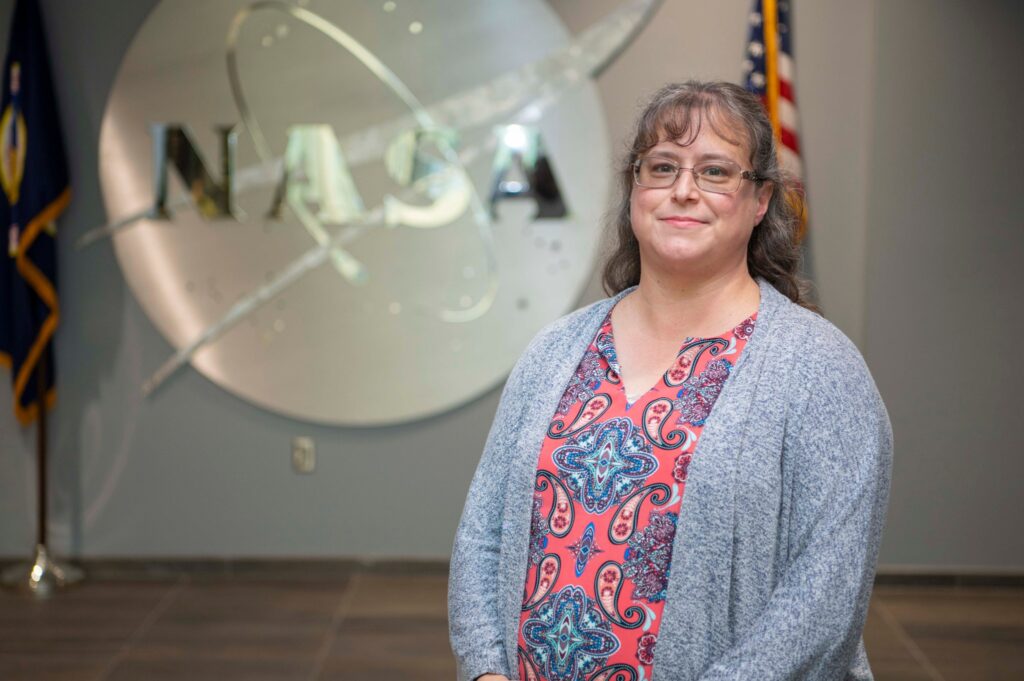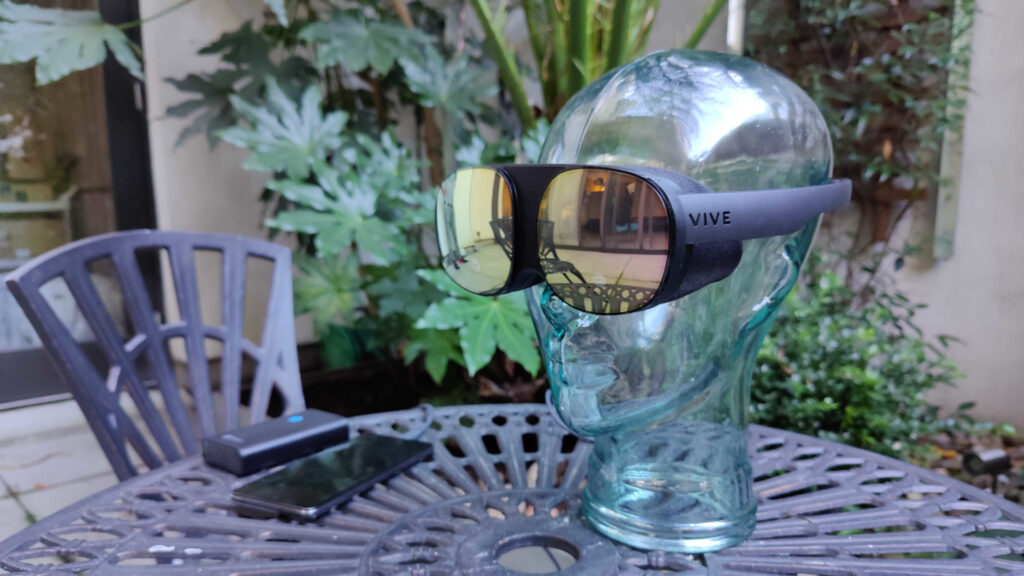Jeff Bezos has been cleared for liftoff.
The billionaire’s spaceflight company, Blue Origin, has completed the flight readiness review for its first-ever crewed launch, which will send Bezos and three others to suborbital space on a vehicle called New Shepard.
The landmark mission is set to fly at 9:00 a.m. EDT (1300 GMT) on Tuesday (July 20) — the 52nd anniversary of the Apollo 11 moon landing — and the recent review revealed nothing that would alter that schedule.
“We’ve looked at all the vehicle systems, including hardware, software, procedures and launch crew readiness,” Blue Origin lead flight director Steve Lanius said during a news conference today (July 18). “We are not currently working any open issues, and New Shepard is ready to fly.”
Related: How to watch Blue Origin launch Jeff Bezos into space on July 20
Live updates: Blue Origin’s first astronaut launch updates

It also looks like the weather will cooperate. There’s a slight chance of rain and thunderstorms in the wee hours of Tuesday morning, but conditions are expected to be good by launch time, Lanius said.
New Shepard, an autonomous, reusable rocket-capsule combo, was designed to fly people and payloads on brief trips to suborbital space. Four different New Shepard vehicles have launched on 15 suborbital test flights to date, but Tuesday’s mission will be the first to carry crew.
That crew consists of Bezos, who founded Blue Origin back in 2000; his brother Mark; trailblazing aviator Wally Funk; and 18-year-old Oliver Daemen, the company’s first paying customer. The 82-year-old Funk will become the oldest person ever to reach space, and Daemen will be the youngest.
The quartet began their 14-hour astronaut training regimen today (July 19) and will wrap it up tomorrow, Blue Origin representatives said. That training includes classroom instruction and practice in a test capsule, among other tasks, and concludes with mission rehearsals and a final exam.
Related: Blue Origin’s launch with Jeff Bezos: Everything you need to know
Bezos will be the second billionaire to reach suborbital space in less than two weeks. On July 11, Virgin Group founder Richard Branson soared to the final frontier on the first fully crewed flight of Virgin Galactic’s VSS Unity space plane.
Virgin Galactic and Blue Origin are the two main players in the suborbital space tourism business, which is now taking off. VSS Unity could begin full commercial operations early next year, if a few more test flights this fall go well. Blue Origin is already launching one customer on Tuesday’s flight and plans to loft paying passengers again as early as the September-October timeframe, company representatives said today.
“We intend to have two more flights this year, in 2021, for a total of three [crewed] flights, and many more to come in the future,” Ariane Cornell, Blue Origin’s director of astronaut sales, said during today’s press conference. “So, we have already built a robust pipeline of customers that are interested.”
Virgin Galactic’s most recently stated ticket price was $250,000. Blue Origin has not revealed how much it is charging for a seat. The company held a special auction for a seat on Tuesday’s flight, which was won by someone who pledged $28 million. That still-mysterious bidder later backed out of the mission due to scheduling conflicts, Blue Origin representatives said. His or her seat was then filled by Daemen.
Visit Space.com on July 20 for complete coverage Blue Origin’s first astronaut launch.
Mike Wall is the author of “Out There” (Grand Central Publishing, 2018; illustrated by Karl Tate), a book about the search for alien life. Follow him on Twitter @michaeldwall. Follow us on Twitter @Spacedotcom or Facebook.


